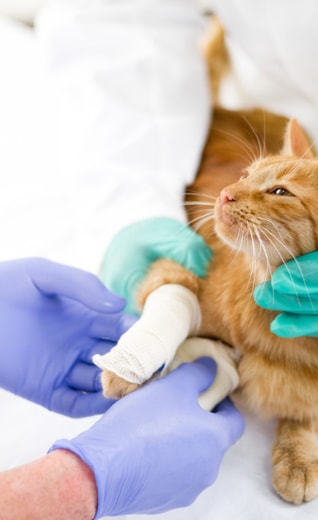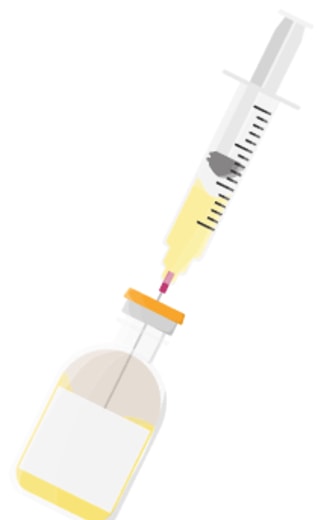
Heart disease
Published July 12, 2023
What is Heart Disease?
Heart disease is the inability of the heart to be able to pump blood properly. This may be due to valve disease or changes in the thickness or contractility of the heart muscle. Your vet may have noticed a heart murmur, which is an unusual sounding heart beat caused by turbulence of blood flow in the heart.
Heart disease is most commonly a genetic problem affecting older animals and cannot be prevented. Occasionally, long term breathing problems, heartworm, diet or hereditary disease may cause heart problems. Certain breeds are more prone to certain heart diseases.
Heart disease is progressive and unfortunately may lead to heart failure. This may cause a build up of fluid in or around the lungs or in the tummy. Fainting, weakness and poor exercise tolerance may also occur.

Treatment
Medication may be started to help the heart pump or reduce the risk of fluid building up in the lungs. These are usually needed LONG TERM
- please do not stop the medication without veterinary advice.
A special low salt diet e.g Royal Canin Cardiac may be recommended.
Unfortunately, even with treatment, heart disease is often progressive.
Monitoring
Monitoring may include:
- Blood tests - heart medication may effect the kidneys
- X-rays - to monitor the lungs Echocardiogram (heart ultrasound scan)
- Blood pressure measurements
Please follow your vets advice for rechecks for the best outcome for your pet.
What to look out for
- Please monitor your pets breathing rate carefully at home. It should not be more than 40 breaths per minute when they are resting.
- Coughing or heavy breathing
- Purple/blue tongue
- Fainting
- Big tummy
- Lethargy
If you notice any of the above, please contact us immediately, it may be an EMERGENCY
Related Blogs




